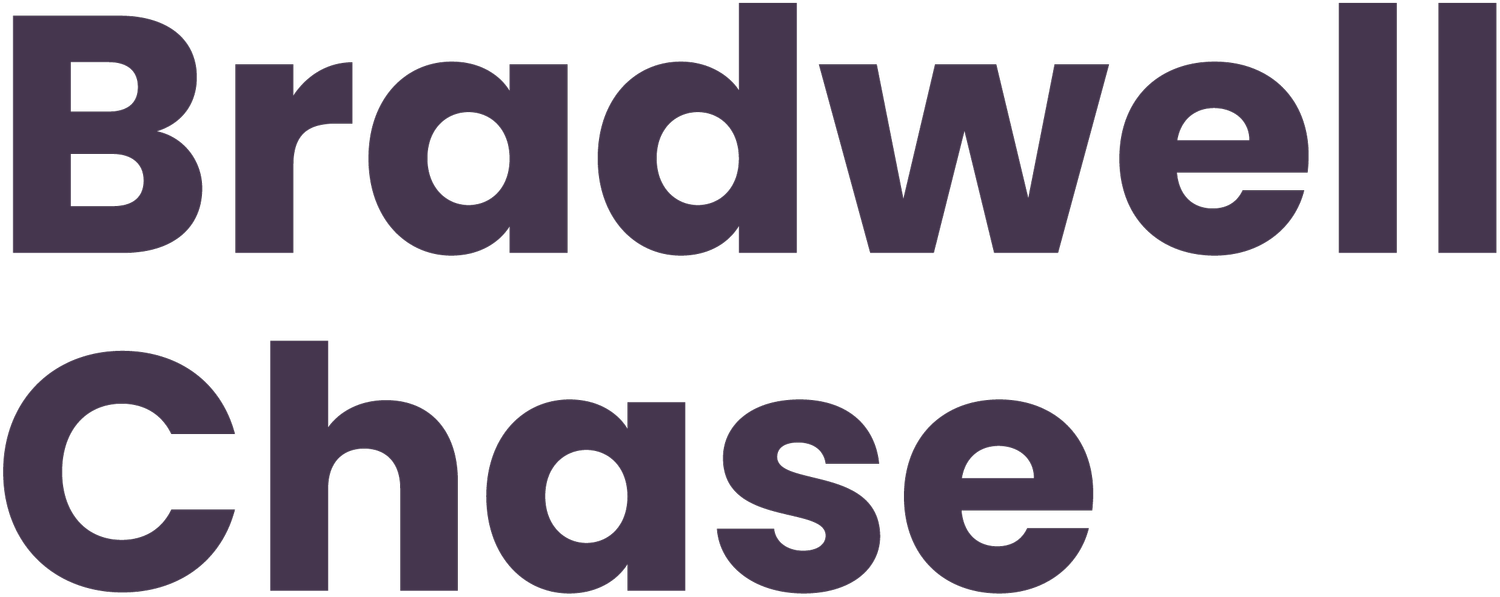How Generative AI is Revolutionising Healthcare in 2025
Generative AI is no longer a futuristic concept — it's actively transforming healthcare today. From streamlining clinical workflows to accelerating drug discovery and enhancing diagnostics, this technology is driving efficiency, personalisation, and innovation across the entire sector.
With major players like Sanofi, HCA Healthcare, and Philips already investing in AI-powered solutions, the future of medicine is being rewritten in real time.
Let’s dive into how this rapidly evolving tech is revolutionising healthcare as we know it:
1. Drug Discovery and Development
Generative AI is dramatically accelerating drug discovery:
Pharmaceutical leaders like Sanofi are collaborating with platforms like BioMap to generate and optimise new therapeutic candidates.
Specialised LLMs in molecular biology are supporting predictive protein modelling and target-binding affinity — shaving years off R&D timelines.
AI simulations are minimising trial-and-error in labs, enabling quicker movement from concept to clinical trials.
2. Personalised Medicine
AI is enabling medicine to be more individualised and proactive:
Models can simulate treatment responses based on genomics, lifestyle data, and patient history.
This allows physicians to choose the most effective therapies for conditions like cancer, autoimmune diseases, or rare genetic disorders.
3. Medical Imaging and Diagnostics
Generative AI is enhancing diagnostic accuracy and speed:
Companies like Philips, in partnership with Amazon Web Services, are using generative AI to advance PACS image processing and improve radiology workflows.
AI can generate synthetic medical images, enhance low-resolution scans, and flag anomalies across X-rays, MRIs, and CTs.
4. Clinical Documentation
One of the biggest pain points for clinicians is paperwork, and AI is stepping up:
HCA Healthcare, in collaboration with Google, is using generative AI to automate documentation of patient visits and reimbursement-related tasks.
These tools reduce clinician burnout, lower administrative costs, and free up time for direct patient care.
5. Medical Research and Literature Analysis
AI systems can rapidly scan, summarise, and synthesise insights from thousands of studies, journals, and trial data.
This helps researchers stay ahead of the curve in evidence-based medicine and accelerates hypothesis generation.
6. Patient Engagement & Virtual Health Assistants
Insurers like UnitedHealth Group are deploying generative AI-powered virtual assistants to streamline patient communication and navigation.
These tools handle appointment booking, symptom triage, and provide instant, tailored information — improving access and experience.
7. Synthetic Data and Operational Use
Generative AI creates synthetic patient datasets, essential for safe model training without compromising patient privacy.
Across operations, healthcare providers are exploring AI use in supply chain management, back-office automation, and workflow optimisation.
Challenges & Considerations
While the potential is enormous, the healthcare sector must navigate:
Bias and fairness in training data.
Regulatory uncertainty around AI-generated outputs.
Privacy and ethics, especially with sensitive patient information.
Explainability is needed to ensure clinicians understand how AI arrives at decisions.
Conclusion:
Generative AI is the disruptor of our time. As foundation models, computer vision, and AI capabilities continue to mature, healthcare organisations that lean into this innovation stand to gain not only in efficiency and performance, but in truly transforming care delivery for the better.
